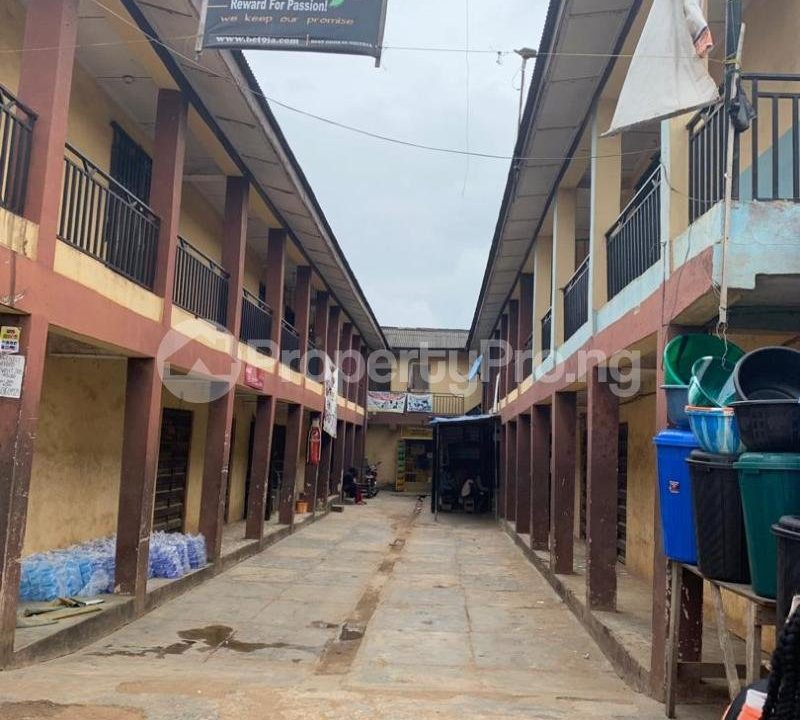In modern casinos, ensuring fair play and accurate payouts is a critical aspect of maintaining trust and profitability. Eat-and-run police play a vital role in this process, particularly when it comes to game payout audits. Eat and Run Police (먹튀폴리스) specialized officers focus on monitoring player behavior, table activity, and unusual patterns that could impact payout integrity. Their influence extends across various stages of the auditing process, enhancing both security and operational efficiency.
Monitoring Short-Term Play Patterns
One of the primary ways eat-and-run police influence payout audits is by observing short-term play patterns. Players who engage in brief, high-stakes sessions can create unusual fluctuations in table outcomes. By documenting these behaviors, eat-and-run police provide auditors with valuable context for analyzing payout data. Patterns such as repeated wins, sudden exits, or rapid betting adjustments are often flagged for closer examination, allowing auditors to determine whether payouts were influenced by skillful play, chance, or manipulation.
Detecting Irregular Betting Behavior
Eat-and-run police are trained to identify irregular betting behavior that could affect game payouts. This includes rapid changes in wager sizes, strategic table hopping, or coordinated play among multiple participants. By tracking these activities, they provide auditors with concrete evidence to verify whether payouts correspond with standard probabilities. Such oversight ensures that anomalies are investigated thoroughly, protecting both the casino’s revenue and its reputation for fairness.
Interaction With Surveillance Teams
Collaboration with casino surveillance teams amplifies the impact of eat-and-run police on payout audits. Their real-time observations are often relayed to auditors who are reviewing electronic data or video footage. This synergy allows auditors to cross-reference player actions with recorded outcomes, identifying discrepancies more efficiently. In effect, eat-and-run police serve as on-the-ground sensors, highlighting potential areas where payout inconsistencies may arise.
Focus on Dealer Conduct
Another significant aspect of their influence involves monitoring dealer conduct. Dealers play a crucial role in ensuring game integrity, and any deviation from standard procedures can affect payouts. Eat-and-run police watch for unusual dealer behaviors, such as misdealing, inconsistent shuffling, or unintentional signaling. By reporting these observations, they help auditors distinguish between legitimate game outcomes and situations that require further investigation, enhancing the accuracy of payout audits.
Supporting Regulatory Compliance
Eat-and-run police also contribute to regulatory compliance. Many jurisdictions mandate detailed documentation of game activity, including unusual patterns that might influence payouts. By maintaining meticulous records of their observations, eat-and-run police assist casinos in meeting these requirements. This not only supports internal audits but also ensures that external regulators can review casino operations with confidence in the integrity of payout procedures.
Preventing Fraud and Advantage Play
Their role extends to preventing fraud and advantage play, both of which can distort game payouts. Players attempting to exploit weaknesses in rules or dealer tendencies are closely monitored, and their actions are flagged for audit review. This proactive approach reduces the likelihood of financial losses due to manipulation, while also reinforcing fair play for all participants.
Enhancing Audit Accuracy
Ultimately, the influence of eat-and-run police on game payout audits lies in their ability to combine observation with strategic reporting. By identifying unusual behavior, documenting key events, and coordinating with surveillance and audit teams, they enhance the accuracy and reliability of payout evaluations. Their presence ensures that discrepancies are not overlooked and that payouts remain consistent with expected outcomes.
Conclusion
Eat-and-run police serve as a critical link between casino operations and financial auditing. Their vigilance in monitoring player behavior, dealer conduct, and irregular patterns directly informs the auditing process, helping maintain payout integrity. Through real-time observation, detailed documentation, and collaboration with surveillance and audit teams, these officers ensure that casinos operate transparently, fairly, and efficiently. Their role highlights the importance of human oversight in safeguarding both the game and the player experience.




